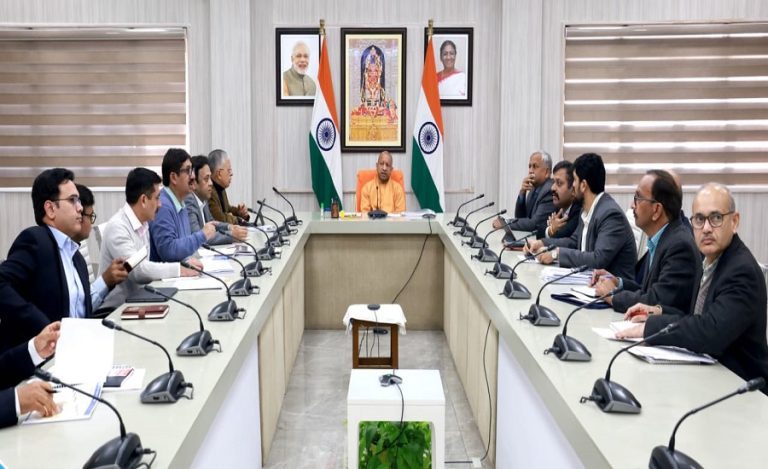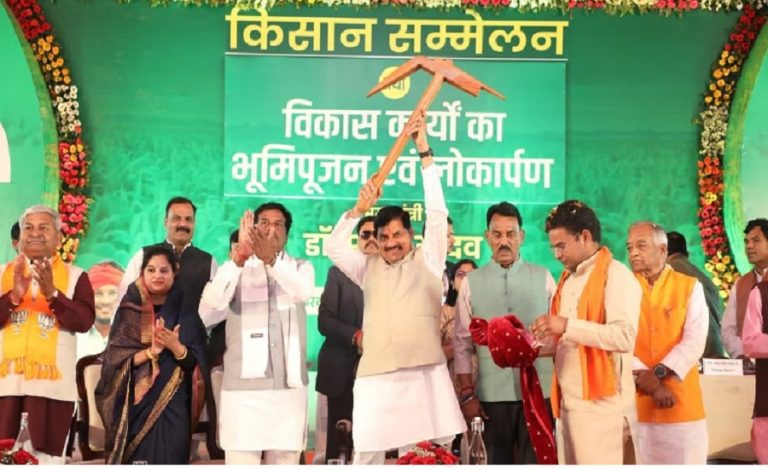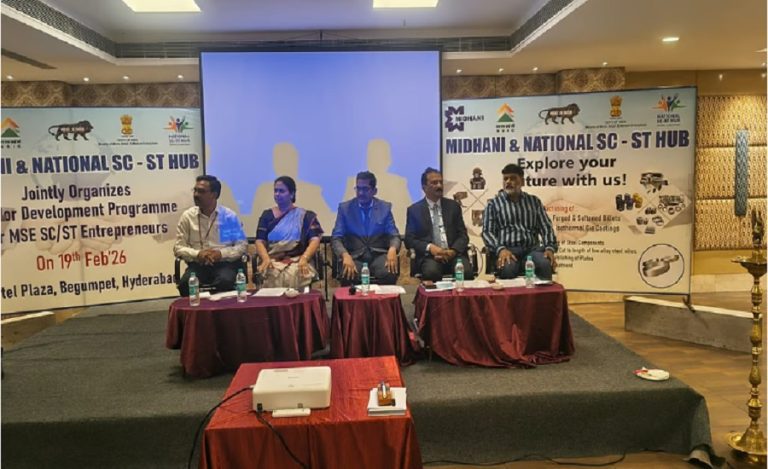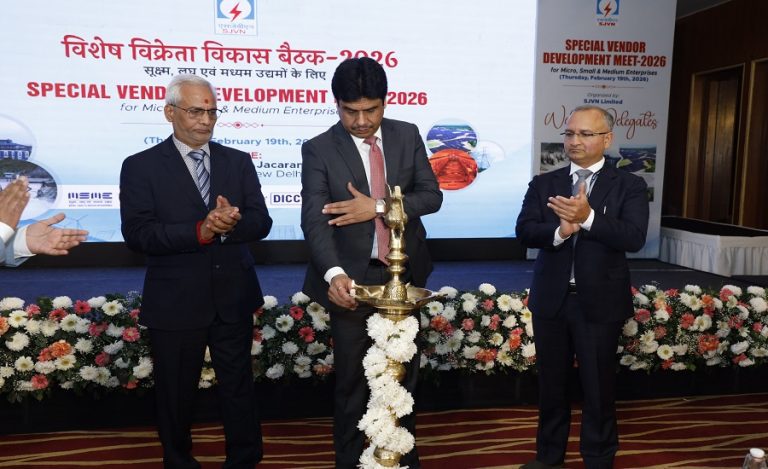In an extraordinary case that unfolded in the Allahabad High Court, a retired Indian Police Service (IPS) officer found himself on the opposite side of a courtroom—facing his own daughter in a legal battle. The case, involving the dismissal of a constable from Uttar Pradesh Police, turned into a dramatic courtroom clash between duty and justice, law and family, father and daughter.
Mr. Rakesh Singh, a 2003-batch IPS officer and former Inspector General (IG) of Bareilly Range, had ordered the dismissal of a constable after a molestation charge. But it was his daughter, Ms. Anura Singh, a practicing advocate, who challenged that very order—and won.
The Case: Allegation, Dismissal, and a Courtroom Turnaround
The case dates back to January 2023, when a 17-year-old girl travelling on the Triveni Express accused police constable Mr. Taufiq Ahmed of molestation. A case was registered under the POCSO Act on the complaint of the girl’s father.
While the lower court later acquitted Mr. Ahmed, departmental action continued. The then IG Bareilly Range, Mr. Rakesh Singh, upheld the constable’s dismissal, rejecting his appeal.
Unwilling to accept the decision, Mr. Ahmed moved the Allahabad High Court, choosing Ms. Anura Singh—Mr. Singh’s daughter—as his legal representative. What followed was a rare spectacle of courtroom irony and legal brilliance.
A Father Summoned by His Daughter
In an unexpected twist, Ms. Singh summoned her own father, Mr. Rakesh Singh, to appear in court and justify the departmental proceedings against her client.
On one side stood the seasoned former IG, defending the police department’s decision. On the other, his determined daughter, exposing procedural flaws and legal violations in the inquiry process.
Ms. Singh argued that the departmental action was marred by non-compliance with legal protocols and lacked sufficient evidence to warrant dismissal. Her arguments struck a chord with the court.
The Verdict: Justice for the Constable
After hearing both sides, the Allahabad High Court ruled in favor of constable Taufiq Ahmed, cancelling all departmental actions and directing the Bareilly Police to reinstate him.
The verdict was seen not only as a personal victory for the dismissed constable, but also a professional triumph for Ms. Anura Singh, who had taken on a legal challenge few could imagine—defeating her own father in a courtroom, with facts and law as her allies.
A Father’s Pride in Defeat
Despite being on the losing side, Mr. Rakesh Singh held no bitterness. In fact, he called the moment one of pride.
“I presented my side in the court, and my daughter did the same. She did her job well, and I’m proud of her,” Mr. Singh said.
“This is a proud moment for any father.”
His response won hearts both inside and outside the courtroom, turning a legal face-off into a moment of mutual respect and familial pride.
Beyond the Case: A Lesson in Law and Legacy
The case is now being talked about not only for its legal implications, but for its emotional and symbolic resonance. It showcased the independence and professionalism of the Indian judiciary, where even family ties stand secondary to truth and justice.
For many, the story of Mr. Rakesh Singh and Ms. Anura Singh has become a powerful reminder of what it means to serve the law — even when it challenges your own decisions.
As one court observer put it, “In that courtroom, it wasn’t just a daughter defeating a father — it was justice being done, with honor on both sides.”




























